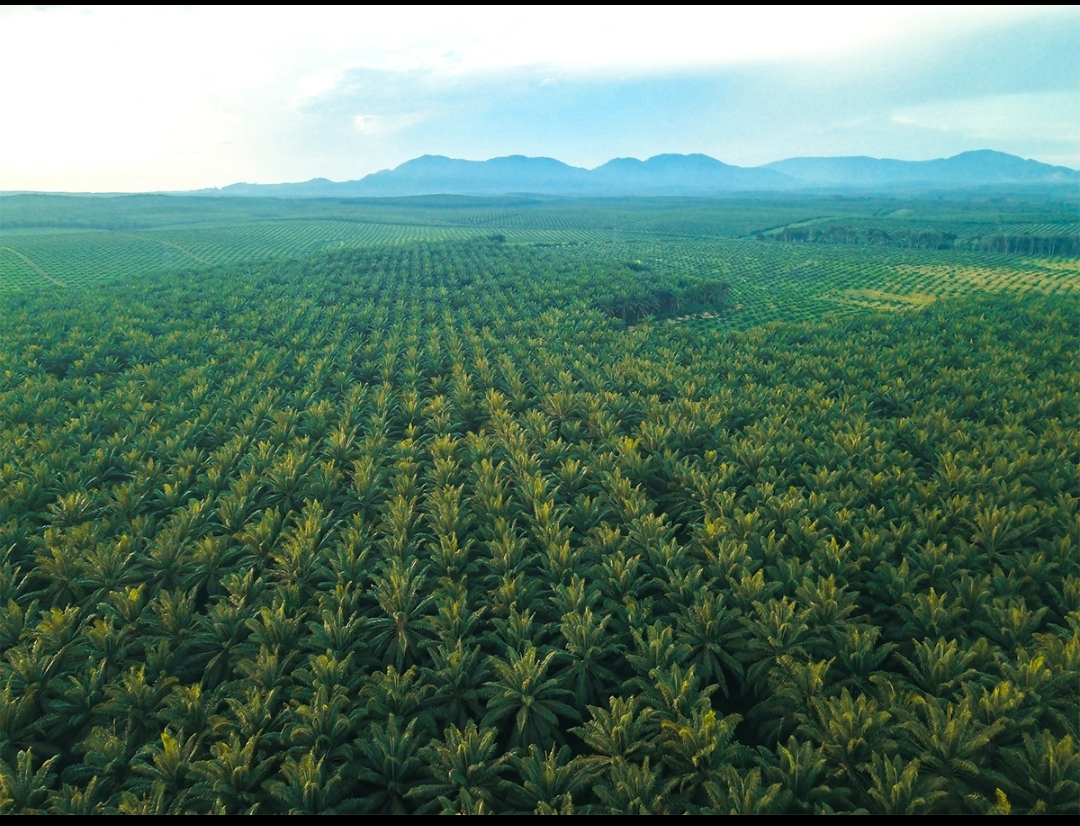Oil palm plantations in Sabah, located on the island of Borneo in Malaysia, have long been a significant economic driver. With vast stretches of land dedicated to the cultivation of oil palms, the industry supports thousands of jobs and contributes significantly to the state’s economy. However, behind the industry’s growth lies a complex and often troubling issue: labor.
The Scale of Oil Palm Plantations in Sabah
Sabah, one of the largest oil palm producers in Malaysia, has approximately 1,528,800 hectares of land devoted to oil palm plantations. This area requires a massive workforce to maintain and harvest the crops. According to estimates, around 251,863 laborers are needed to operate these plantations, performing tasks ranging from planting to harvesting, maintenance, and processing.
The Issue of Smuggled Labor
One of the most pressing issues facing the oil palm industry in Sabah is the reliance on smuggled labor. Estimates suggest that out of every three laborers working in the plantations, two are smuggled. This means that approximately 167,909 workers are in Sabah illegally, often from neighboring countries such as Indonesia and the Philippines.
This illegal workforce is often more vulnerable to exploitation, as they lack proper legal protection and are sometimes paid less than their legal counterparts. Many are housed in substandard conditions, with little regard for their well-being or rights. In some cases, smuggled workers face threats of violence, poor working conditions, and insufficient wages.
The Human Cost
The smuggling of laborers not only impacts the workers themselves but also presents challenges for the Malaysian government and oil palm companies. Smuggled workers may face risks such as:
1. Exploitation: Without legal status, smuggled laborers are more susceptible to being taken advantage of by unscrupulous employers who can pay them lower wages, impose unsafe working conditions, or deny them proper benefits.
2. Limited Access to Health and Safety: The lack of documentation often prevents workers from seeking medical treatment or health benefits. Furthermore, their living conditions in plantation camps can be inadequate, leading to the spread of disease or preventable injuries.
3. Social Issues: The influx of illegal labor also has social implications, from increasing the strain on local resources to the potential for social unrest. The imbalance of legal and illegal workers can also contribute to tensions between different communities and the general population.
Addressing the Challenges
While the issue of smuggled labor is deeply ingrained, efforts are underway to address these challenges:
1. Government Intervention: The Malaysian government has attempted to regulate the labor force by cracking down on illegal immigration. However, enforcement remains difficult, especially in rural areas where plantations are often remote.
2. Technology and Innovation: Some plantation companies are exploring technological innovations, such as automated harvesting equipment, to reduce their reliance on manual labor. This shift could potentially help reduce the demand for labor, particularly illegal workers.
3. Fair and Legal Labor Practices: There are calls for plantation owners to adopt better labor practices and to ensure that their workforce is employed legally, with proper documentation, benefits, and rights. By ensuring fair pay, safe working conditions, and better living arrangements, the industry could become more sustainable and socially responsible.
4. Industry Certification: To address these issues, many oil palm companies are working towards obtaining certifications like the Roundtable on Sustainable Palm Oil (RSPO), which holds companies to higher standards in terms of labor rights, environmental practices, and sustainability.
Conclusion
The labor dynamics in Sabah’s oil palm plantations represent a complex intersection of economic needs, human rights, and social responsibility. While oil palm cultivation has undeniably contributed to the region’s economic growth, it has also led to serious labor issues, especially the smuggling of workers. As global demand for palm oil continues to rise, there must be an increased focus on improving the labor conditions in the industry, ensuring that workers are treated fairly, and reducing the reliance on smuggled labor.
By implementing stronger policies, improving transparency, and prioritizing human rights, Sabah’s oil palm industry can move towards a more ethical and sustainable future. The path forward may be challenging, but it is not impossible if all stakeholders are committed to change.

No comments:
Post a Comment